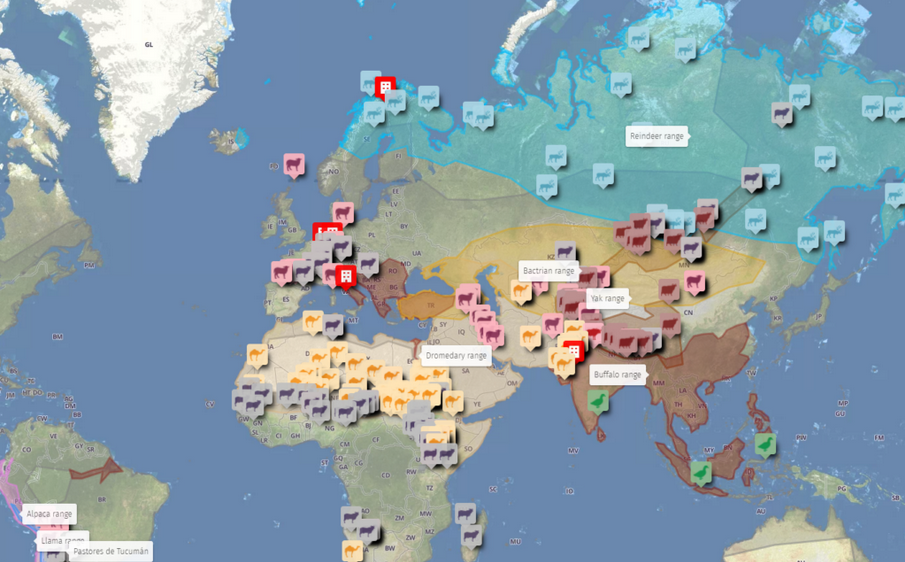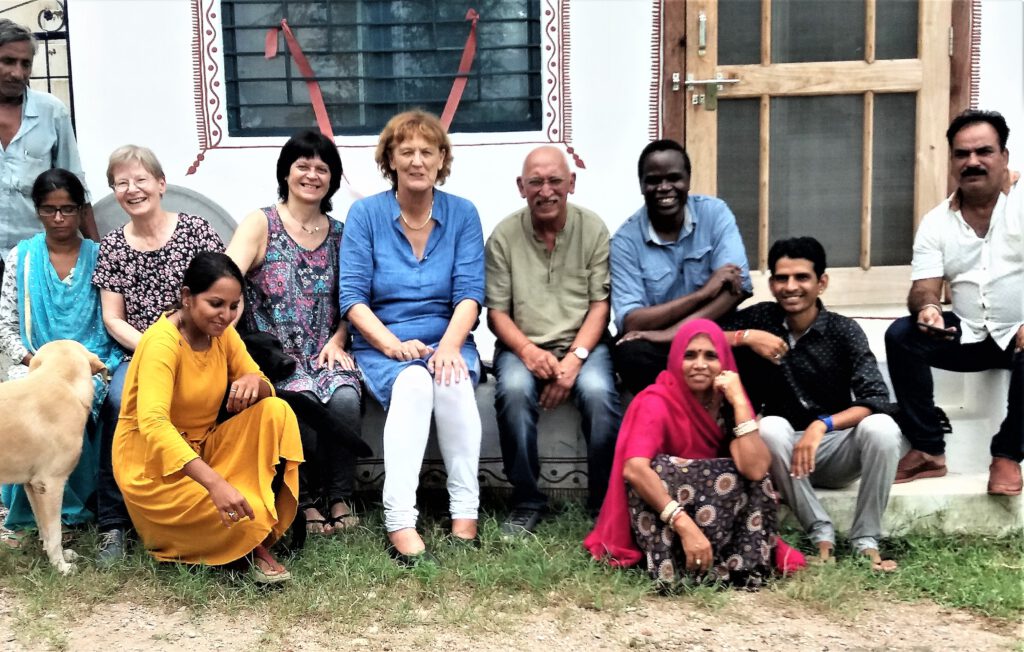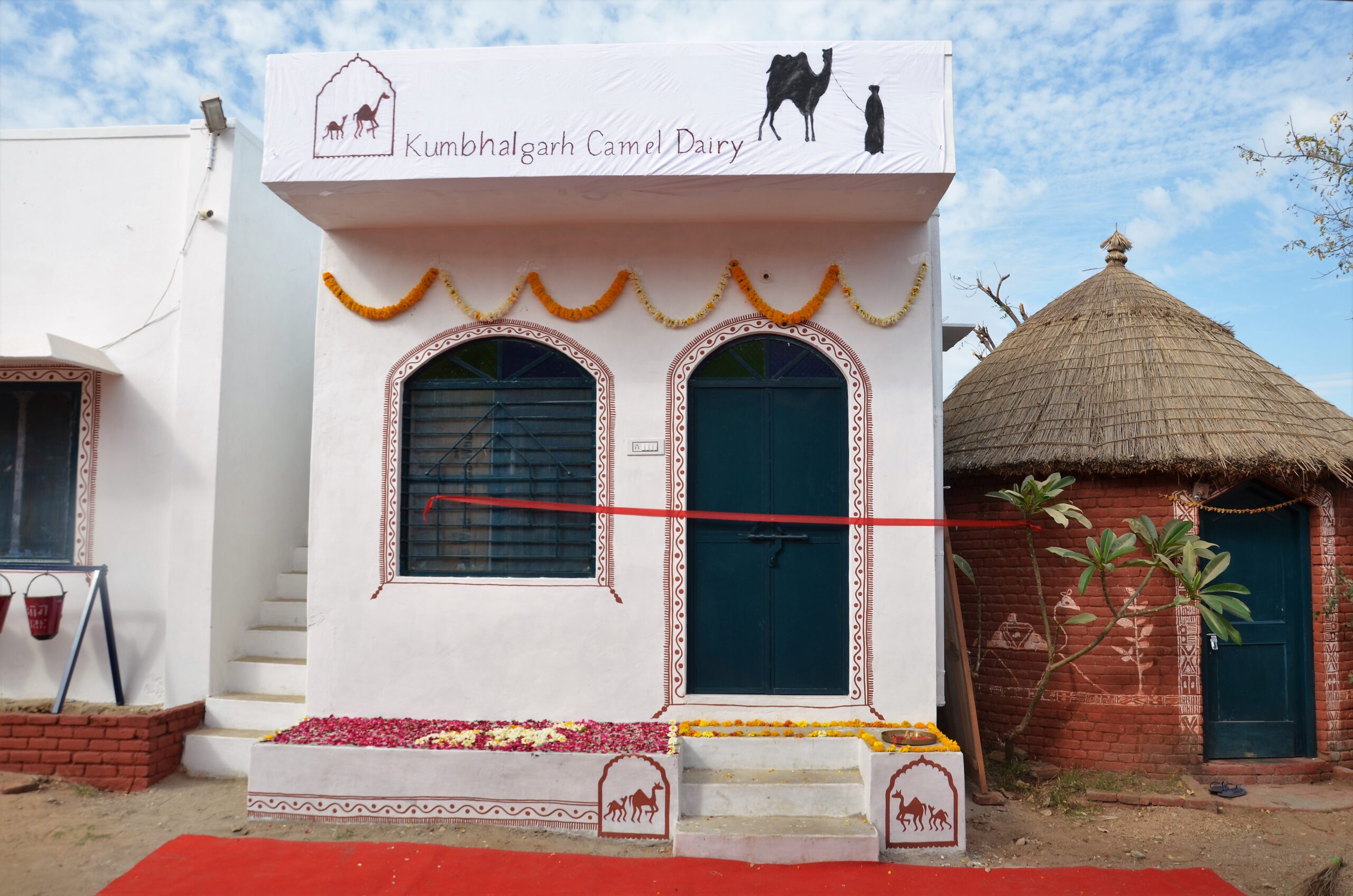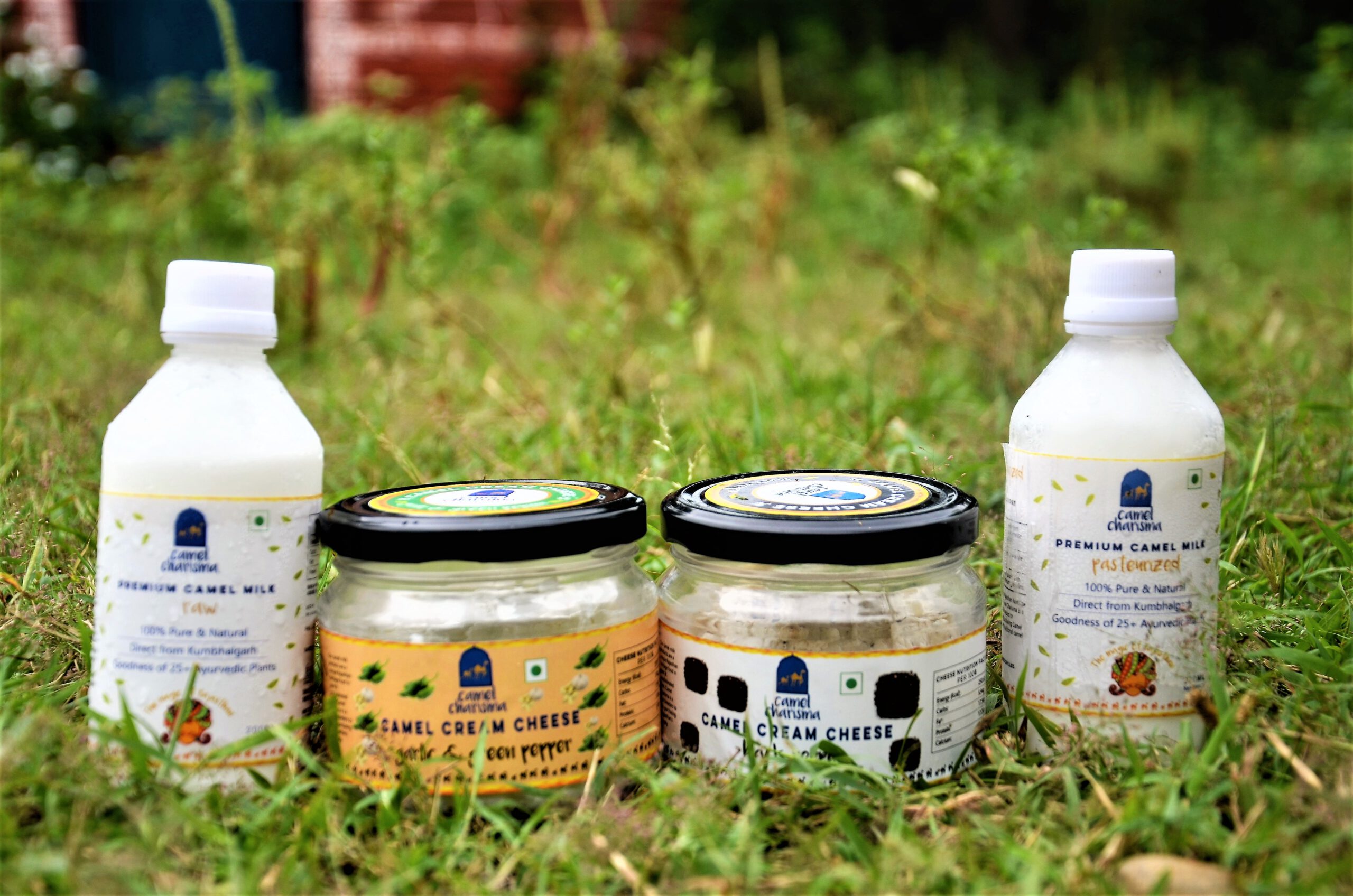Projecting Pastoralism as a productive and ecological livestock system for the future II
Download Information (.docx)
The overall goal of this follow-up project that is supported by Misereor is to institutionalize mechanisms and policies that give greater weight to pastoralism in the agro-ecological transformation of the global food sector.
Through the project LPP will support advocacy and capacity building of pastoralist communities with respect to assessments of their numerical, economic and ecological importance.
LPP will provide inputs to the policy debate around the ‘detrimental effects’ of livestock through blogs, responses to misleading information and articles.
The project shall mainstream the concept of pastoralism /mobile livestock keeping among various movements/platforms, including in Europe/Germany.
One of the project activities is the development of a World map of Pastoralists:

With the map we want to show the extent of nature-positive livestock production throughout the world. Pastoralism is a big part of this.
The map is not yet complete. It is an ongoing project that should be constantly added to and corrected.
The Pastoralist Map is a project of:


Projecting Pastoralism as a productive and ecological livestock system for the future
The value of pastoralism as a food production strategy without any inputs and its ecological benefits are now well established and interest has increased especially among groups that promote resilience. However, the progress in international fora in recognizing and acting upon this situation is agonizingly slow, and governments pay only lip service towards pastoralism. Even the organic movement does not recognize the advantages of pastoralism and some of its protagonists continue to associate pastoralism with drought, desertification and overgrazing. The overall goal of this project that is supported by Misereor is to project and establish pastoralism as a sustainable model for ecological and ethical livestock production in the future.

One of the components of this project is to ‘count pastoralists’ in different countries (Argentina, Germany, India, Kenya, and Uganda) and to develop a better methodology for obtaining data on evaluating their economic and ecological importance.
Support for building up an ethical camel dairy sector in India
LPP’s partner organization LPPS set up its first dairy project near Jaisalmer in 2008 selling camel milk locally mostly for Diabetes patients. In the context of the Ark Project (2011) LPP developed ideas for marketing and value addition of local livestock products also such as camel milk products. Over the years, Camel Charisma, a social enterprise that aims to promote and market environment friendly products from the camel, has developed variety of products from camel milk such as camel milk soap and camel milk ice cream.

A microdairy project in form of the Kumbhalgarh Camel Dairy, was set up in 2015. With great support of LPP members and friends the building of the camel dairy was built at the LPPS Camel Conservation Centre near Ranakpur, Rajasthan. The machines for pasteurization and cooling where bought and installed. The microdairy is using milk from areas where the camels graze on plants traditionally recognized as having medicinal properties.
A special characteristic of camel milk is its health-effect for Diabetes patients and autistic children. The milk is collected daily from registered and monitored herds; as soon as it arrives in the dairy it is pasteurized then frozen for transportation to customers in Delhi and metros. The next objectives of the Camel Milk Project will be to optimize marketing strategies for camel milk products, to inform intensively about milk and food hygiene by trainings and workshops for local producers and to realize the production of new camel milk products such as camel cheese.

LPPS: http://www.lpps.org/
Camel Charisma: https://camelcharisma.com
- Go to the previous page
- 1
- …
- 4
- 5
- 6
- 7
- 8
- 9
- 10
- …
- 80
- Go to the next page
